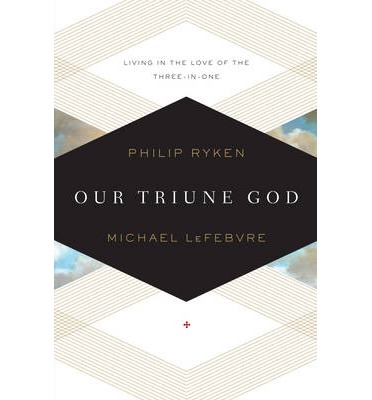From The Mystery of God: Theology for Knowing the Unknowable by Stephen D. Boyer & Christopher A. Hall Baker Academic 2012 Page 121
God is not just tri-personal; he is expansively, creatively tri-personal. The triunity of God is something that unfolds and opens out, not something that curves in and closes down on itself. God’s intrinsic relational completeness, the unimaginable eternal intimacy between the Father and the Son in the Spirit, does not exclude other relations. The unquenchable divine joy that makes creation unnecessary also makes creation possible in the first place, for the love of Father, Son, and Spirit is in no way threatened or imperiled by flowing out beyond itself into a created world. ……. God is love, and creation itself is the wholly free outpouring of that love, in generous, gratuitous, open-handed bounty, a bounty that is infinitely hospitable not because it needs us but simply because it is itself.


